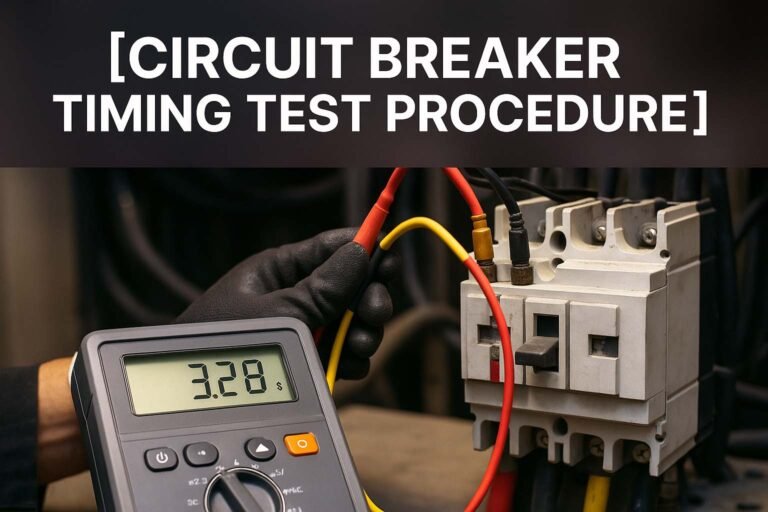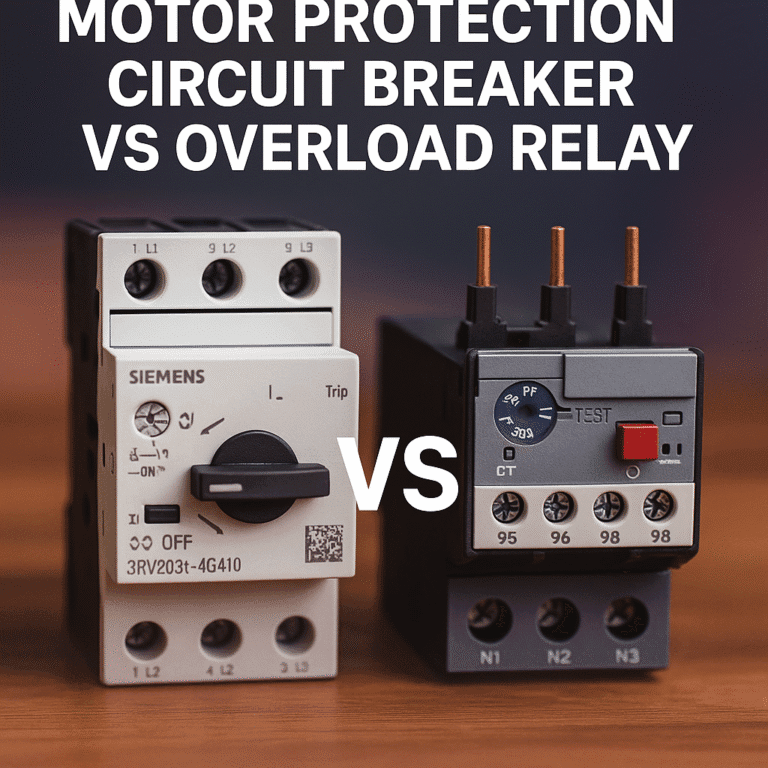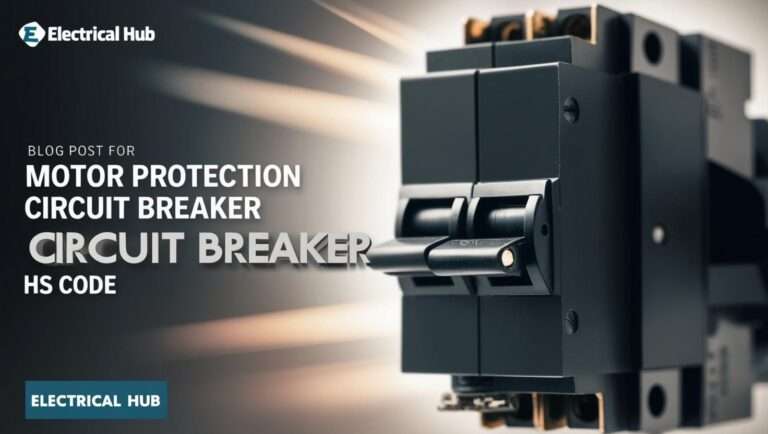Circuit Breaker Timing Test Procedure
Circuit breakers are essential components of any power system. Their primary…

Circuit breakers are essential components of any power system. Their primary…

When it comes to safeguarding electric motors, the choice between a…

The motor protection circuit breaker HS code is a critical aspect…
Generator circuit breaker sizing calculation is a critical part of power…

High Voltage Direct Current (HVDC) systems provide an efficient method for…

Understanding the types of circuit breaker testing is essential for ensuring the reliability and performance of these critical devices.

Residual current is an important concept in electrical safety. Especially in…

Circuit breaker commissioning tests are critical to ensuring the proper operation,…
| Cookie | Duration | Description |
|---|---|---|
| cookielawinfo-checkbox-analytics | 11 months | This cookie is set by GDPR Cookie Consent plugin. The cookie is used to store the user consent for the cookies in the category "Analytics". |
| cookielawinfo-checkbox-functional | 11 months | The cookie is set by GDPR cookie consent to record the user consent for the cookies in the category "Functional". |
| cookielawinfo-checkbox-necessary | 11 months | This cookie is set by GDPR Cookie Consent plugin. The cookies is used to store the user consent for the cookies in the category "Necessary". |
| cookielawinfo-checkbox-others | 11 months | This cookie is set by GDPR Cookie Consent plugin. The cookie is used to store the user consent for the cookies in the category "Other. |
| cookielawinfo-checkbox-performance | 11 months | This cookie is set by GDPR Cookie Consent plugin. The cookie is used to store the user consent for the cookies in the category "Performance". |
| viewed_cookie_policy | 11 months | The cookie is set by the GDPR Cookie Consent plugin and is used to store whether or not user has consented to the use of cookies. It does not store any personal data. |